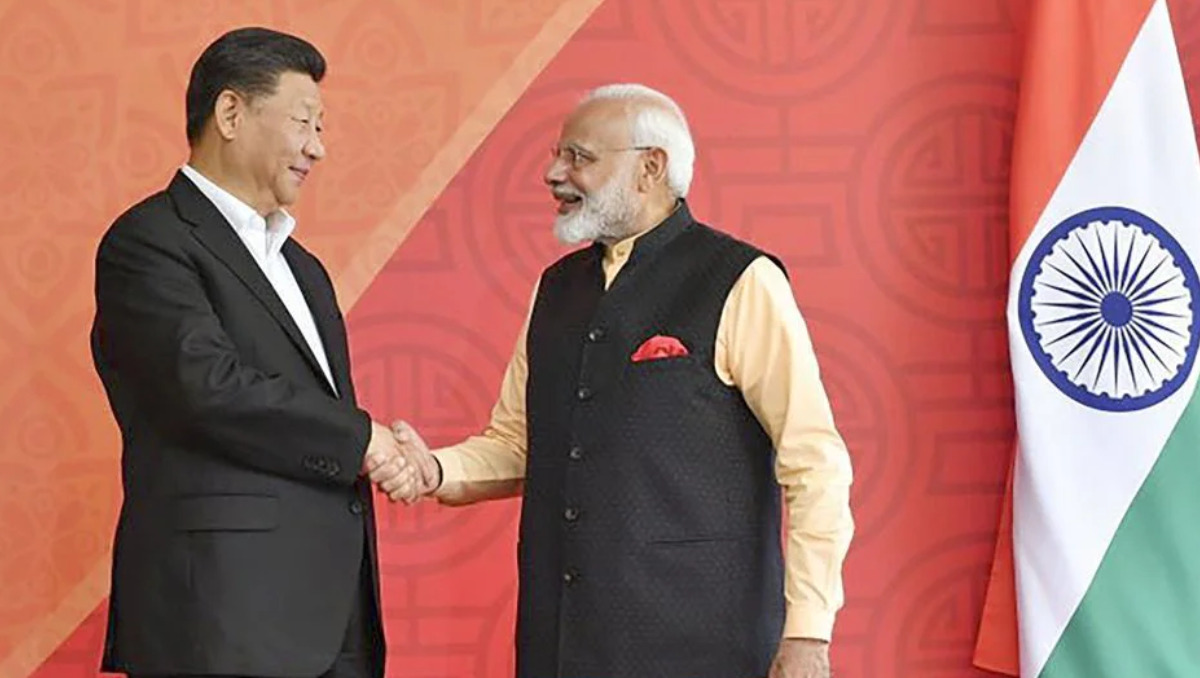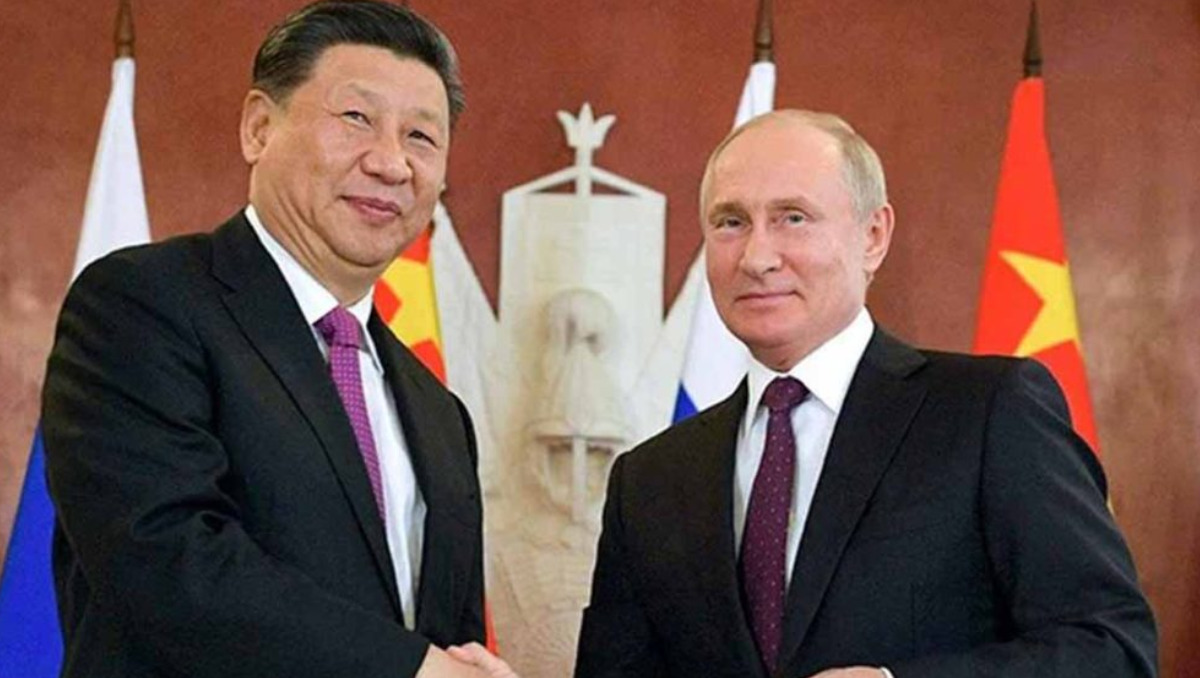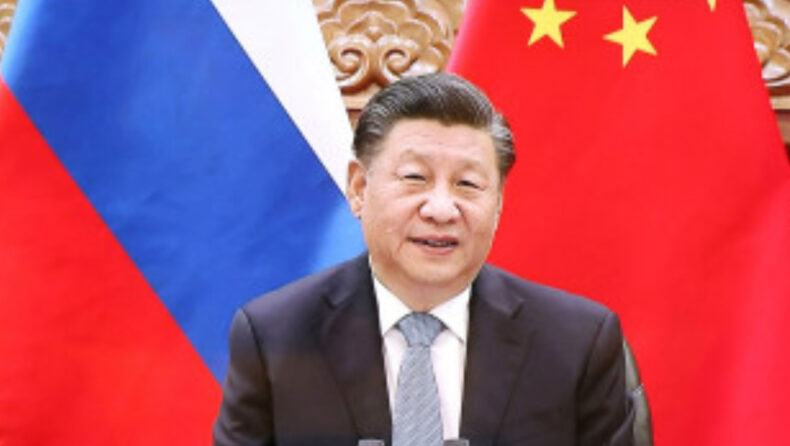Chinese President Xi Jinping is expected to miss the upcoming G20 leaders’ summit scheduled to be held in India on September 9-10, according to sources familiar with the matter from both India and China. This decision follows Russian President Vladimir Putin’s announcement that he will not attend the event, choosing to send Foreign Minister Sergei Lavrov instead.
Table of Contents
Xi Jinping’s Absence Puts Focus on Premier Li Qiang
Premier Li Qiang is anticipated to represent Beijing at the G20 summit in New Delhi. This delegation comes at a crucial time when the summit was seen as an opportunity for President Xi to engage with other world leaders, including US President Joe Biden. China and the US have been grappling with strained relations due to various trade and geopolitical conflicts. However, these recent developments cast a shadow over such expectations. Xi and Biden’s most recent interaction took place during the G20 summit in Bali, Indonesia, in the previous year.

The absence of both Xi Jinping and Vladimir Putin reshapes the dynamics of the summit and brings attention to the roles of Premier Li Qiang and Foreign Minister Sergei Lavrov. While Xi’s absence could have implications for potential diplomatic interactions, it also signals a shift in China’s approach to international engagements.
Potential Impact on Bilateral Relations and Geopolitics
The G20 summit was anticipated as a potential platform for President Xi Jinping to meet with US President Joe Biden, as both countries sought to mend their relations. However, Xi’s likely absence from the event raises questions about the extent of diplomatic dialogue that can be achieved during the summit.
Additionally, Xi’s decision not to attend may be interpreted in the context of the ongoing geopolitical tensions in the region, particularly concerning the border disputes between China and India. The absence of both Xi and Putin presents an opportunity for other leaders, including Prime Minister Narendra Modi of India, to engage with different partners and potentially bridge gaps on various global issues.
China’s Strategic Calculations and Biden’s Agenda
Xi Jinping’s anticipated absence from the G20 summit can be seen as a part of China’s strategic calculations in the evolving global landscape. China, under Xi’s leadership, has been navigating complex geopolitical challenges, and this decision might reflect its cautious approach to high-level engagements.
On the other hand, President Joe Biden’s prioritization of the G20 summit, despite its inherent significance, underscores the United States’ commitment to addressing global issues and recalibrating relationships with key partners.

Russia’s Lavrov and Implications for Dialogue
With Russian President Putin also opting out and sending Foreign Minister Lavrov as a representative, the spotlight shifts to Lavrov’s role in shaping diplomatic conversations. Lavrov, known for his diplomatic acumen, could potentially facilitate discussions and negotiations on behalf of both Russia and China.
This development underscores the importance of diplomatic channels, even in the absence of top leaders. It also prompts questions about whether Lavrov’s participation could open windows for renewed dialogue on issues such as Ukraine and regional stability.
Shifting Dynamics and Future Prospects
The absence of both Xi Jinping and Vladimir Putin at the G20 summit in India marks a significant moment in global diplomacy. Premier Li Qiang and Foreign Minister Lavrov step into the spotlight, potentially influencing the discourse on crucial global matters.
As world leaders gather in New Delhi, the summit’s discussions and outcomes will be closely watched for indications of how major powers are navigating complex geopolitical landscapes, addressing shared challenges, and seeking opportunities for cooperation in an ever-changing world.
Read More: G20 summit: IAF Secures Delhi Airspace with Fighter Jets, Missiles













